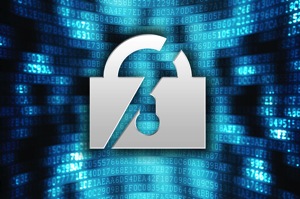More proof that the web security model is totaly broken
 Fake Google Digital Certificates Found & Confiscated
Fake Google Digital Certificates Found & Confiscated
On July 2, Google engineers discovered unauthorized certificates for Google domains in circulation. They had been issued by the National Informatics Center in India. They are a trusted sub-authority under the Indian Controller of Certifying Authorities (CCA). They in turn are part of the Microsoft Root Store of certificates, so just about any program running on Windows, including Explorer and Chrome, will trust the unauthorized certificates.
The power of this attack is that the holder of the private key to the certificate can impersonate secure Google servers. Your browser would not report any security alerts because the certificate is “properly” signed and trusted within the built in trust hierarchy.
Firefox does not have the CCA in its root certificate list and so is not affected. Likewise Mac OS, iOS, Android, and Chrome OS are safe from this particular incident as well.
It is not known exactly why these certificates were issued, but the obvious use would be national surveillance.
While this attack seems to be targeted to India and only impacts the Microsoft ecosystem, the larger problem is much more general. There is a long list of trusted certificate authorities, which in turn delegate trust to a vast number of sub-authorities, any of whom can trivially create certificates for any domain which would be trusted by your computer.
In this case the attack was detected quickly, but if it had been very narrowly targeted detection would have been very unlikely and monitoring could have continued over very long periods.
As an end user, you can install Certificate Patrol in Firefox to automatically detect when a website’s certificate is changed. This would detect this kind of attack.
On Chrome you should enable “Check for server certificate revocation” in advanced settings. That will at least allow quick protection once a certificate is compromised.
Lance Cottrell is the Founder and Chief Scientist of Anonymizer. Follow me on Facebook, Twitter, and Google+.
Update: Microsoft has issued an emergency patch removing trust from the compromised authority.